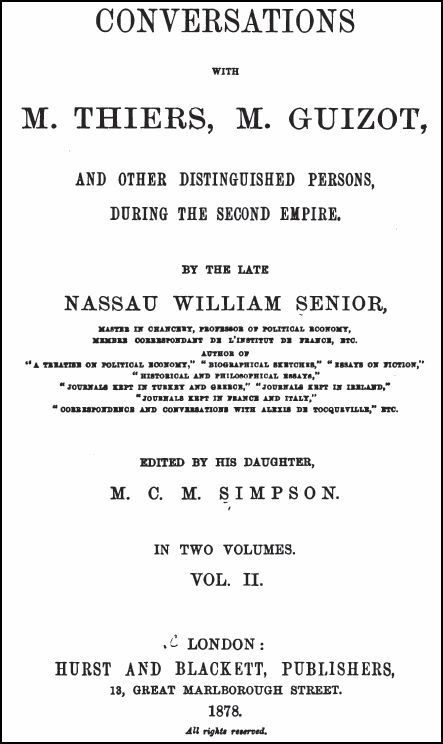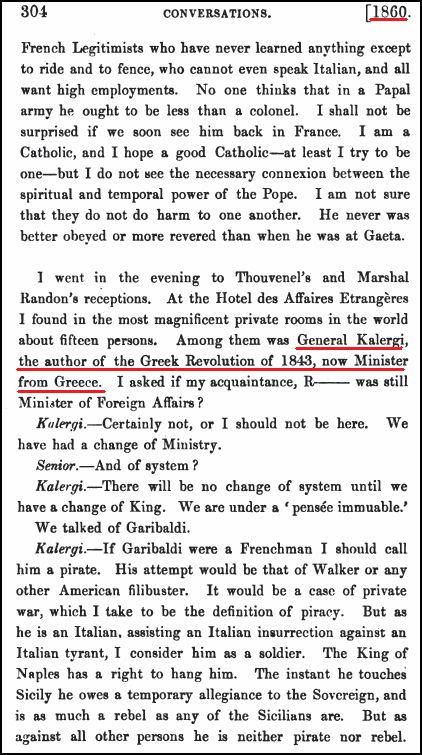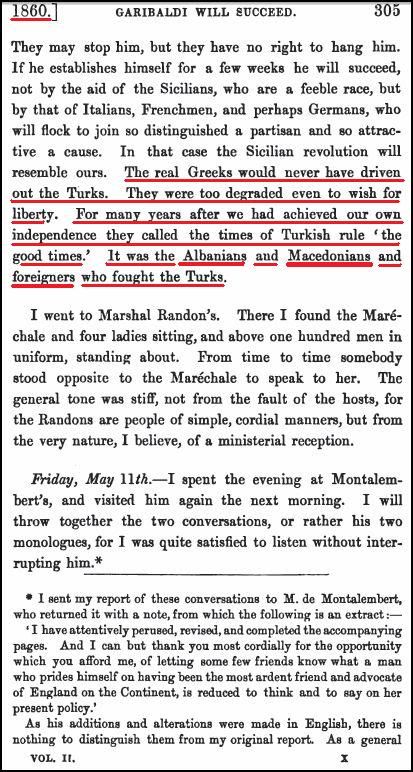


Who in the world is this General Kallergis??? Here's a slew of info on him - http://www.google.com/search?tbm=bks...87aa4852ea88a1
Who is Nassau William Senior??? - http://www.offalyhistory.com/article...862/Page1.html



 Thanks SoM. I think General Kallergis' words speak volumes about the truth of the revolution:
Thanks SoM. I think General Kallergis' words speak volumes about the truth of the revolution:

Comment